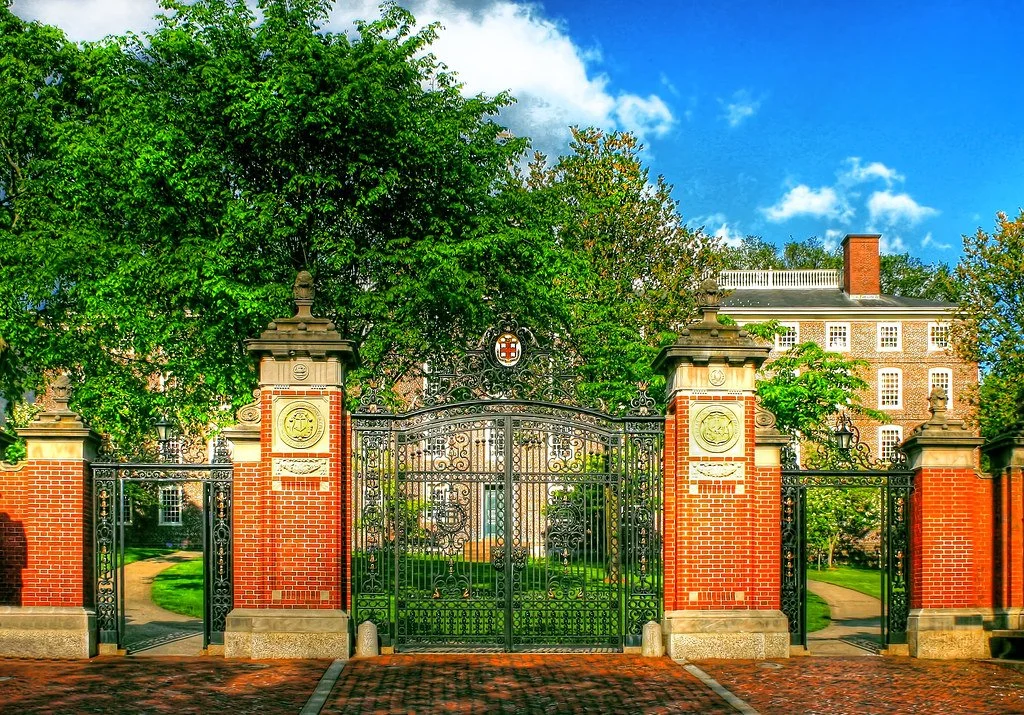
van wickle
ABS 130: Accelerating peptide-centric CAR T cell discovery with generative artificial intelligence
Michael Y. Clarke ¹ ² & Jason Q. Tang ² , Atakan Aydin ² , Michele Palamenghi ² , Omar U. Guzman ² , Mark Yarmarkovich ²
¹ Brown University, RI, USA
² Perlmutter Cancer Center, New York University, NY
Van Wickle (2025) Volume 1, ABS 130
Introduction: Chimeric antigen receptor (CAR) T cell therapy has revolutionized cancer treatment, demonstrating exceptional efficacy against specific blood cancers. Despite this, there are currently no FDA-approved CAR T cells for solid tumors. We and others have proven that targeting peptides displayed on major histocompatibility complexes (MHCs) greatly expands the number of actionable CAR antigens in solid tumors, allowing us to now target essential and oncogenic intracellular proteins. We have demonstrated that targeting these pMHCs with peptide-centric CARs enables complete eradication of tumors and has led to new clinical trials in 2025. However, developing highly specific peptide-centric CARs (PC-CARs) is challenging due to small surface area (~1%) of a peptide on its corresponding MHC. Using new advancements in generative artificial intelligence (AI) for protein engineering, we developed an approach to redesign our lead PC-CAR, 10LH, initially capable of recognizing PHOX2B peptides upregulated in neuroblastoma, to recognize another upregulated peptide, CHRNA3, displayed on the same MHC. Although further characterization is needed, this demonstrates our pipeline’s ability to generate pMHC binders in a short time frame. This innovation has the potential to significantly accelerate the discovery of new PC-CARs for treating neuroblastoma and other cancers.
Methods: Under IP protection.
Results: Using our artificial intelligence pipeline, we have successfully redesigned 10LH to cross-bind the CHRNA3/HLA-A*24:02 complex in cells.
Discussion: Preliminary data suggest that our pipeline can rapidly generate cross-binding PC-CAR candidates for immediate testing in cells. With further characterization, this approach could accelerate the costly and labor-intensive process of developing new PC-CAR T cells for human cancers.
Volume 1, Van Wickle
Oncology, ABS 130
April 12th, 2025
Other Articles in Oncology